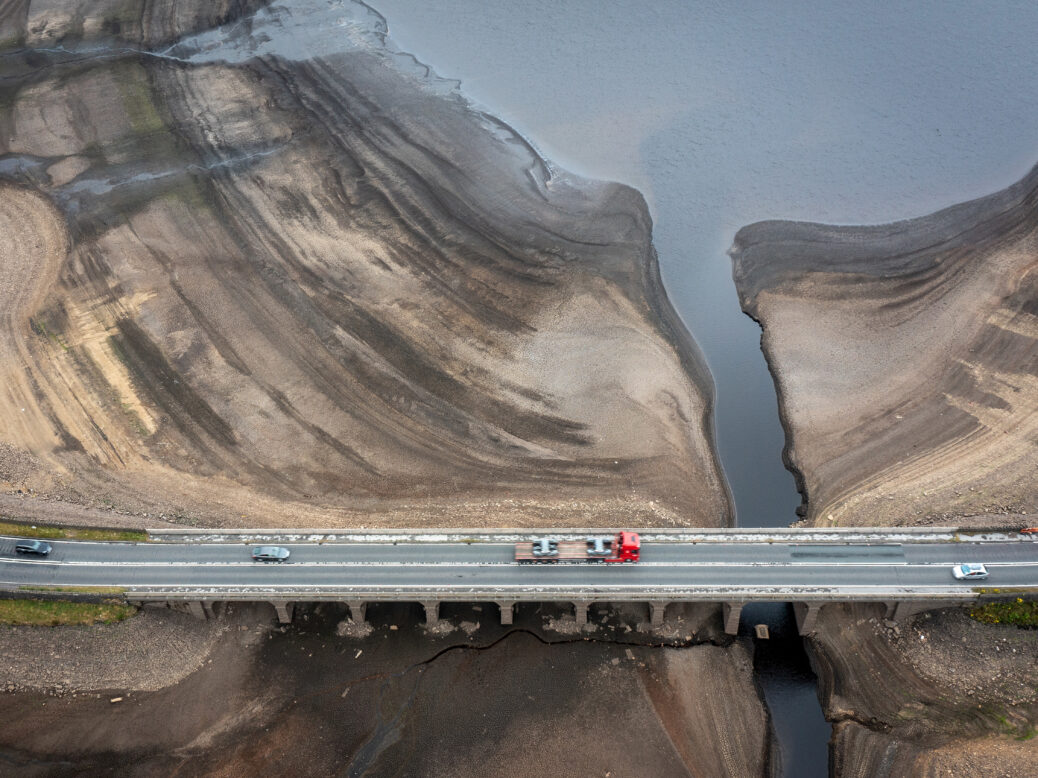
“The greatest threat to global public health is the continued failure of world leaders to keep the global temperature rise below 1.5ºC and to restore nature.”
These were the words of a British Medical Journal (BMJ) editorial in September 2021, released just ahead of the Cop26 UN climate conference in Glasgow, and backed by 200 other health journals around the world. The message was simple: the climate crisis is a health crisis, and if policymakers are not acting with this reality in mind, then they are failing to appreciate the magnitude of what is happening to the world.
“Extreme weather events – whether floods, storms or droughts – will damage people in multiple ways,” explains Tim Benton, climate change lead at the think tank Chatham House.
Access to water – and the quality of that water – will become more of an issue as the climate warms, Benton adds, as will issues around food supply and malnutrition. Increasing temperature and rainfall will increase the prevalence of malaria-carrying mosquitoes, flooding events can create the conditions for cholera to emerge, and disruptions to ecosystems increase the likelihood of another novel coronavirus emerging.
As we burn fossil fuels we also emit toxic gases like nitrous oxide or carbon monoxide, which damage human health. The increased frequency of wildfires will also release more inhalable particles, which reduce lung function and increase the risk of respiratory and cardiovascular illness.
The World Health Organisation (WHO) released an assessment of global air quality standards in April 2022 to mark World Health Day. Based on air quality data from 6,000 cities, researchers found that some 99 per cent of the world’s population breathes air with higher levels of pollutants than what the WHO considers “safe”.
Another health risk is the effect of excessive heat on the human body, which can cause heat stroke or heat exhaustion, and increases the risk of cardiovascular disease.
Extreme heat now kills more people each year in the US than any other natural disaster. Freak heatwaves such as in Chicago in 1995, or the 2003 European heatwave that increased the risk of dying by 70 per cent in Paris, can kill thousands.
A 20-year international study found that on average around 500,000 deaths occur each year as a result of exposure to excess heat, a figure equivalent to almost one in every 100 people who die. While excess cold continues to cause even more deaths, the study found that the gap between the two figures is growing smaller. In the UK last year, there were more deaths among homeless people in the summer months than in the winter.
The health risks of climate change mean that the WHO estimates it will cause roughly 250,000 additional deaths per year between 2030 and 2050, looking at malnutrition, malaria, diarrhoea and heat stress alone.
Policymakers continue to turn a blind eye to this reality in their climate plans, however. A 2021 analysis by the Climate and Health Alliance think tank found that major economies – including the EU, Australia and Brazil – completely failed to mention health impacts in their emissions pledges submitted to the UN.
But treating the climate crisis as a health crisis could help engage those otherwise disinterested in environmental destruction, or the loss and damage experienced on the climate front line.
“Thinking about climate change from a biodiversity loss perspective, for example, only appeals to a certain number of people,” says Benton. “But when you start saying, actually it could damage your health, and it could push up your health bills, then it is highly likely that everyone will start to care.”
[ See also: England’s regions are not equally prepared for hot weather ]





